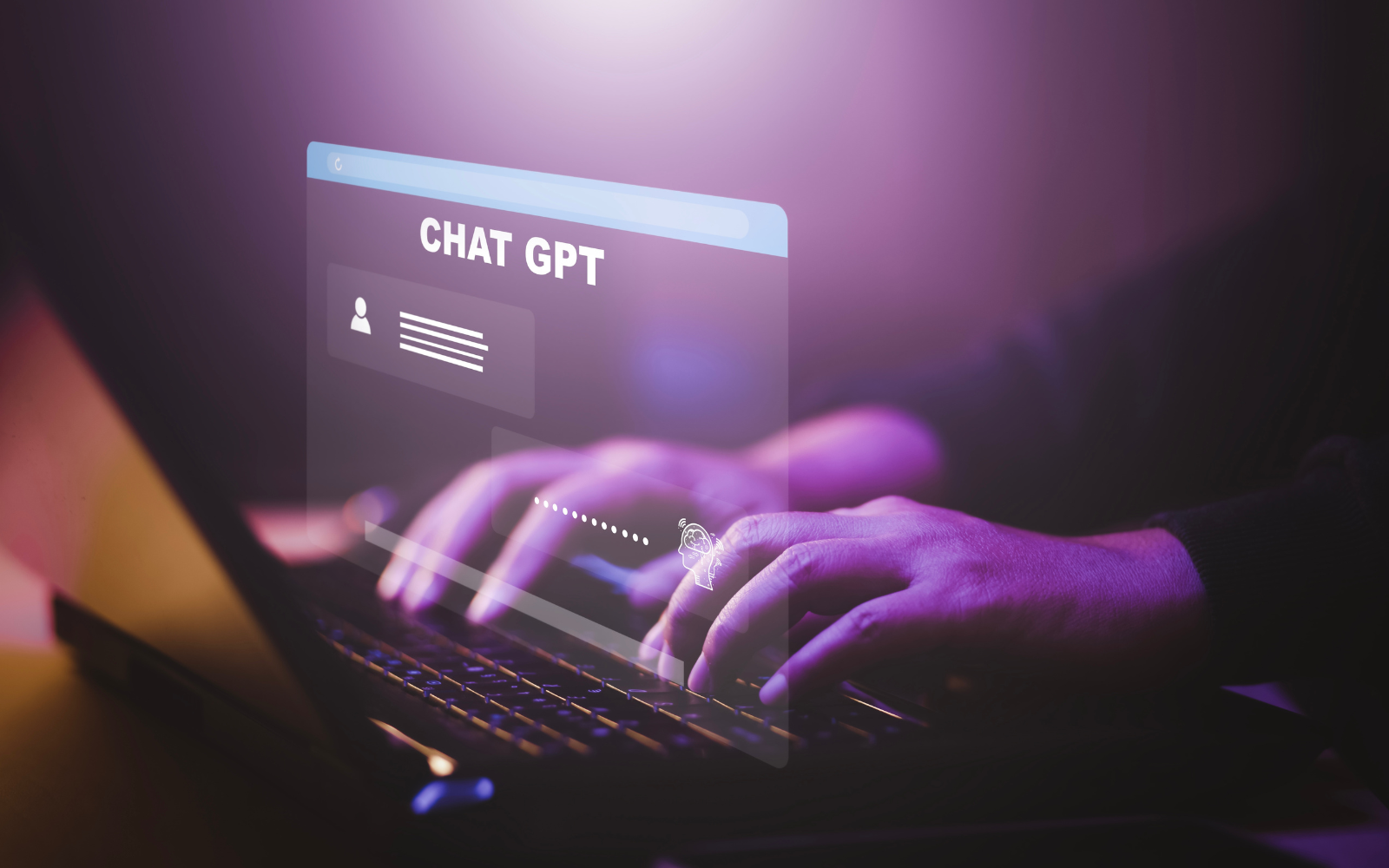- The SEOs Diners Club
- Posts
- The SEOs Diners Club - Issue #63 - Weekly SEO Tips & News
The SEOs Diners Club - Issue #63 - Weekly SEO Tips & News
Here are the weekly SEO insights for the SEOs Diners Club members.

You may also join our free SEO Diners Club network to ask questions and share your thoughts.
Google Indexing Speed: The Winning Combination of Quality and Popularity
Google's Gary Illyes and John Mueller suggest focusing on high-quality content and increasing social media popularity to speed up website indexing.
At a recent Google SEO office hours Q&A session, Google's John Mueller and Gary Illyes discussed the key factors that affect the speed at which the search engine indexes new content. The session emphasized that content quality and website popularity are key factors affecting indexing speed.
High-quality content is critical for websites to be indexed quickly by Google. Therefore, websites should prioritize creating valuable, informative, and engaging content that meets the needs of their target audience. In addition, content should be well-researched, accurate, and up-to-date, which helps to establish the website as a reliable and trustworthy source of information. Content should also be well structured with appropriate headings, subheadings, and bullet points to make it easy to read and understand.
Another factor that affects the speed of indexing is the website's popularity. The popularity of a website can be measured by the number of backlinks it receives from other high-quality, authoritative websites.
Google considers websites with more quality backlinks to be more popular and trustworthy, which can result in faster indexing. Therefore, building a solid backlink profile is crucial to increase a website's popularity by creating link-worthy content, leveraging relationships with influential people in the industry, and engaging in strategic link-building activities.
In addition to these primary factors, several other elements can also affect the speed at which Google indexes a website's content. These include the following:
Website Crawlability and Accessibility: Ensuring that Google's web crawlers can easily access and crawl a website is crucial for indexing speed. To improve crawlability, websites should have a well-organized sitemap, avoid duplicate content and use appropriate title tags.
Mobile-friendliness: As more people use mobile devices to access the internet, having a mobile-friendly website is becoming increasingly important. Google prioritizes mobile-friendly websites in its indexing, making optimizing a website for mobile devices essential.
Page Speed: The speed at which a website's pages load can significantly affect its indexing speed. Websites with faster page speed are more likely to be indexed quickly by Google. To increase page speed, websites should optimize images, minimize HTTP requests and use browser caching.
Regular Content Updates: Updating a website with new and relevant content can encourage Google to crawl and index the site more often. Regular content updates show Google that the website is active and provides users with valuable information.
Proper Use of Meta Tags: Meta tags, such as title tags and meta descriptions, provide search engines with information about the content of a web page. Using appropriate and relevant meta tags can help Google understand and index content more effectively.
Social Media Presence: A solid social media presence can indirectly affect indexing speed. Sharing valuable content on social media platforms can generate more traffic, engagement, and backlinks, contributing to a website's popularity and indexing speed.
As a result, to maximize Google's indexing speed, website owners and content creators should focus on producing high-quality content and increasing the popularity of their websites through strategic link-building and social media activities. Furthermore, by addressing technical factors such as website crawlability, mobile compatibility, and page speed, websites can increase their chances of being indexed quickly by Google. By implementing these strategies, businesses can index their content rapidly and improve their search engine rankings and online visibility.
Microsoft Unveils Next Generation Bing Edge: The Future of Search
Microsoft enhances Bing and Edge with improved AI, visual capabilities, multi-session experiences, and third-party developer integrations.
Microsoft has unveiled its next-generation search experience, integrating Bing more deeply into the Edge browser and adding AI-powered features to deliver personalized results. The announcement, reported by Search Engine Journal, highlights Microsoft's ambitious plans to transform the search landscape and compete with dominant players like Google.
One of the key innovations in this new search experience is the deep integration of Bing with the Edge browser. This integration will enhance the overall search experience by enabling Bing within Edge to deliver highly relevant and personalized results based on a user's browsing history and preferences.
Another critical development in Edge's integration with Bing is its AI-driven search capabilities. Microsoft has leveraged its AI expertise to build a search engine that understands natural language queries and provides contextually accurate results. This AI-powered search functionality will allow users to ask complex questions and get precise answers, making the search process more intuitive and efficient.
Bing's integration into Edge promises improved performance and faster page load times. In addition, Microsoft has significantly invested in optimizing the browser and search engine to ensure users have a smooth and seamless browsing experience. This optimization will help reduce page load times and improve overall browser performance.

Glenn Gabe on Bing Chat
With this new Bing integration and AI capabilities in Edge, Microsoft aims to challenge Google's dominance in the search market by delivering a state-of-the-art, personalized, AI-driven search experience. Seamless integration with the Edge browser, advanced AI capabilities, and a focus on user experience make Edge a promising contender in the search engine space.
As these features roll out to users worldwide, whether Microsoft can successfully disrupt the search market and establish itself as a formidable alternative to Google remains to be seen.
Semrush Publishes "State of Search 2023" Report
The analysis highlights trends using the latest search data and compares 2022 to 2021, revealing how people search, how industries perform, and how SERPs change worldwide.
Semrush analyzed the overall traffic trend in 2022 by examining the top 100,000 domains in the US using Semrush’s .Trends Rank and Traffic Analytics (Clickstream or Clickstream data). On average, these websites received about 140 billion visits per month, and given the mid-year recession, the traffic trend appeared to reflect economic activity in 2022. There was a slight dip in mid-2022, followed by a recovery towards the end of the year.
Search traffic trends for these domains showed a similar pattern, accounting for around 18% of total traffic throughout the year. Don't forget to view the State of Search 2023 infographic for search traffic data for some of the world's largest websites.
Leaked Google Memo Admits Defeat Against Open Source AI
A leaked memo admits that Google cannot compete with open-source AI and suggests a surprising tactic to regain dominance.
A leaked internal Google memo has revealed the company's struggle to compete against open-source artificial intelligence (AI) projects. The memo highlights the challenges Google faces in maintaining its edge in AI due to the growing popularity of open-source AI startups.
The Note begins by acknowledging that their competitors have never been OpenAI and will always be Open Source.
Open-source AI projects offer developers access to the latest algorithms, tools, and datasets worldwide, fostering collaboration and innovation in the AI community. As a result, these projects are gaining traction by attracting top talent and producing groundbreaking developments in the field. The memo shows that Google is concerned about the potential impact of open-source AI on proprietary AI technologies, as it could reduce the company's competitive advantage in the market.
The leaked memo shows that Google is exploring ways to collaborate with and leverage the open-source AI community. By participating in these projects, Google aims to stay ahead in the AI race by leveraging open-source initiatives' collective knowledge and innovation.
How to Write ChatGPT Prompts to Get the Best Results?
Not sure what a prompt is or how to write a good prompt for ChatGPT? Here is a guide with recommended tools to help you create content.
Chatbot technology has evolved significantly in recent years, and OpenAI's ChatGPT is the best example of a conversational AI that can produce human-like responses. Learning to create effective prompts that deliver accurate and relevant responses is essential to make the most of this cutting-edge technology.
The Search Engine Journal article linked above provides tips to help beginner information clients optimize their prompts for better results.
1. Be clear and concise: Ensure your questions or statements are unambiguous when preparing prompts. Ambiguity can result in irrelevant or confusing answers from ChatGPT, so try to provide as much context as possible.
2. Use complete sentences: Although ChatGPT can understand incomplete sentences or phrases, using complete sentences often results in more accurate and consistent responses. Correct grammar and punctuation will also help the AI better understand your intent.
3.Experiment with different prompt styles: Feel free to experiment with various prompts, such as asking open-ended questions, offering multiple-choice options, or giving a context-setting statement. Different styles may elicit different responses, so try several approaches to see what works best for your needs.
4.Set response restrictions: To further guide ChatGPT's responses, you can set restrictions, such as limiting the length of the response or specifying a particular format. This can help you get more focused and relevant responses.
5.Learn from examples: Study examples provided by OpenAI and other users to understand what works well and what doesn't. Observing successful prompts can provide valuable insights into creating effective prompts for your use case.
6.Iterate and improve: Don't be discouraged if your initial prompts don't produce the desired results. Learning to create effective prompts is an iterative process. Analyze the AI's responses, change your prompts, and try again until you get the desired result.
7. Be patient and persistent: Mastering hint writing takes time and practice. Don't get discouraged if you don't get perfect results right away. Keep experimenting, learning from examples, and improving your clues to improve your skills.
By following these tips and practicing consistently, beginner clients can develop the skills necessary to create effective prompts for ChatGPT. Remember, patience, persistence, and a willingness to experiment are essential to getting the most out of this powerful conversational AI tool.
Google: Video Structured Data No Longer Requires Description
Google has updated its video structured data to say the annotation feature is no longer required.
Instead, Google has moved the annotation element from the 'required' section of the help document to the 'recommended' section.

This means that videos missing the description attribute in your structured data are now valid. Google Search Console will no longer report them as invalid, and you may see more valid items shown in the rich results report.
It also means that you may see more of your videos shown with rich results (i.e., video thumbnails, etc.) in Google search results.
Google still recommends adding video descriptions, but if this would be troublesome, you should know that it is not a requirement.
Compare Two-Page Content, Structured Data, and More with this New Free Tool
This comparison tool developed by Thruuu will be helpful in your daily SEO work.
With Thruuu's new free tool, you can discover the power of comparing the content, structured data, and more of two pages.

You enter two URLs, and the tool extracts data for both web pages, including page titles, meta descriptions, dates, JSON schema, word count, image count, content outlines, titles, most frequently used keywords, and FAQ schema. You can make this comparison in many languages, including Turkish.
This innovative tool allows you to perform competitive analysis and develop your content strategies quickly and efficiently to gain an advantage in the market. By uncovering the information hidden on your competitors' web pages, you can optimize your website performance and get more organic traffic.
Book Of The Week: “Inhuman Power: Artificial Intelligence and the Future of Capitalism by Nick Dyer-Witheford”
This book is an essential resource for those who want to understand the relationship between artificial intelligence and capitalism and predict the potential future of capitalism.
Recently, there have been significant advances in the artificial intelligence sector. Modern capitalism has begun to be ruled by the power of artificial intelligence. The book "Artificial Intelligence and the Future of Capitalism" starts from the idea that artificial intelligence, which has a structure that Marx could not have predicted, should be evaluated in Marxist analyses.
The book examines the relationship between Marxist theory and artificial intelligence through concepts such as surplus value, labor, general conditions of production, and overpopulation. It discusses in detail the possible consequences of general artificial intelligence.
The authors question optimistic views on AI, arguing that it could become capitalism's most powerful tool if it continues its current development path. They propose to fight against this scenario of diminishing human value by evaluating AI from a communist perspective.
Revisiting the issue of ownership and control of the means of production, the book encourages the reader to think through all the challenges and risks of a communist understanding of artificial intelligence.
I hope you enjoyed my weekly SEO insights. Hope to see you the following Monday in the new episode. I wish you all a great week.
Best,
Mert Erkal
How Can I Help You?







